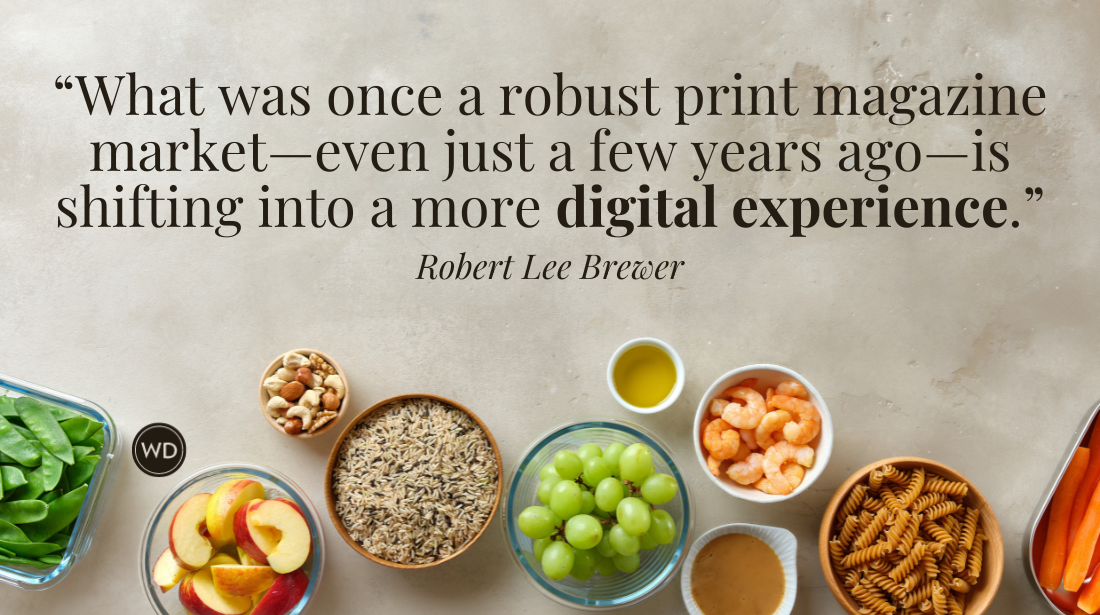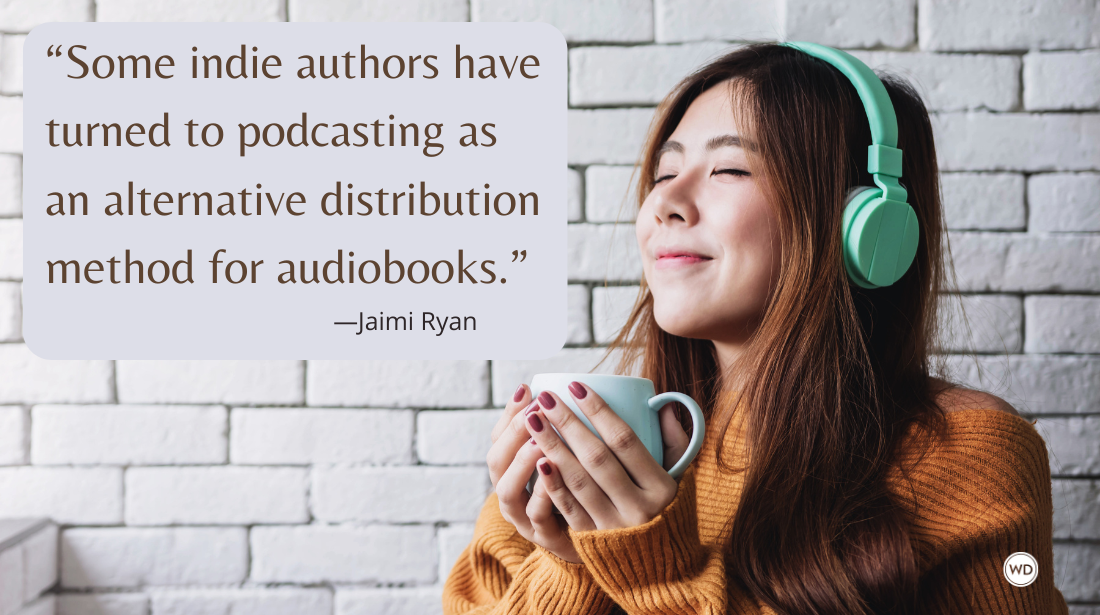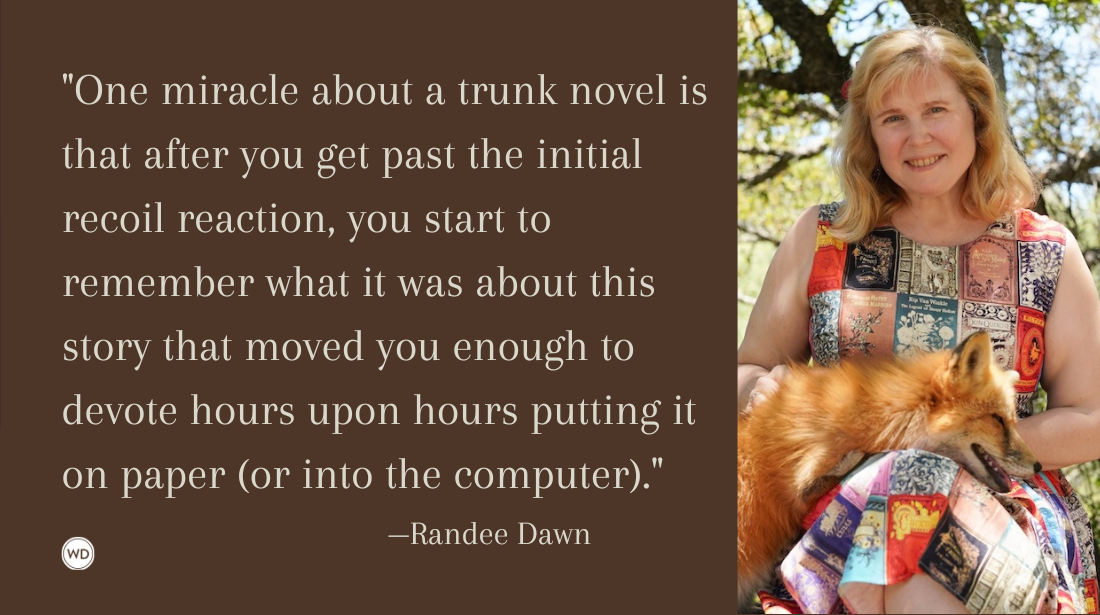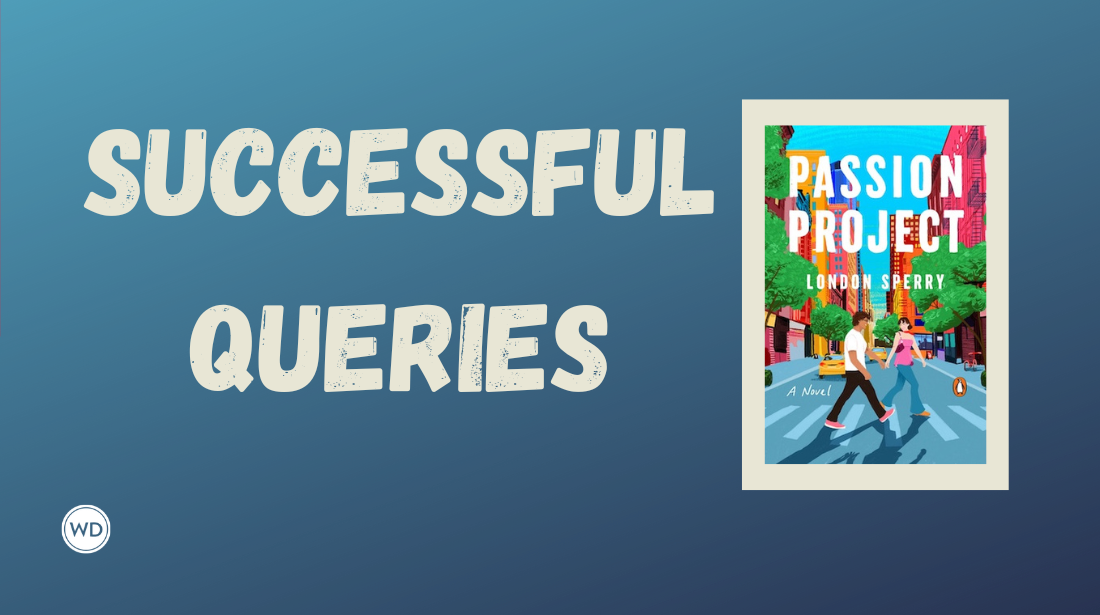Before You Write a Single Word: Develop a Reader Profile
Today’s guest post is from Shennandoah Diaz, the Business Development Assistant at Greenleaf Book Group, a publisher and distributor supporting independent authors and small presses. — You can easily find…
Today's guest post is from Shennandoah Diaz, the Business Development Assistant at Greenleaf Book
Group, a publisher and distributor supporting independent authors and
small presses.
--
You can easily find yourself living in a bubble while writing a book, chaining yourself to the keyboard and avoiding all human contact (and some hygiene). Though such inspiration and motivation are critical, you have to begin with the end in mind: your reader.
No matter what type of work you write, in order to be successful as an author, you need to know exactly what readers want and expect from works in your genre, and you must deliver it in new and exciting ways.
Every genre has a basic formula, or an established set of expectations. Stray too far from that formula and you’ve either moved into another genre or lost the reader completely.
From the publisher’s standpoint, knowing your reader not only helps you develop a targeted, compelling, and marketable book, it also shows the publisher that you know what it takes to connect with those readers, to get them excited about your work, and ultimately drive book sales.
In order to identify what your reader wants, you need to start with a reader profile. Here you focus on the core readership for your book/genre, identifying as many consistent traits as you possibly can. You do this by answering the following questions:
- What is the typical age and gender of my reader?
- What do they do for a living?
- Where do they live (e.g. urban or rural)?
- What are their hobbies and interests?
- Why do they read this genre? What are they getting out of it?
- Where do my readers buy their books, in what format, and how often?
- For nonfiction authors: What concerns, issues, or problems does your book address?
- For nonfiction authors: Determine what background your readers need on the subject. Do you need to introduce technical or industry specific terms? Do you need to present a basic introduction to certain concepts or can you jump right into the core content?
From these starting questions, you'll gain a better understanding of your primary reader. For example, if your target reader were an urban techie, you would want to consider electronic formats in addition to print, which can affect the writing process as you envision how to enhance the content in electronic form.
As you write, you must constantly check your content against the needs and wants of your target reader. If you stray from the genre/formula, or step away from your reader profile, you must be able to correct it or justify it to the publisher.
You reader profile is also an essential part of your platform building strategy. The days of passively placing books on shelves are gone—though they never really existed to begin with. Both fiction and nonfiction authors must build and engage with their readership long before their book is even acquired, much less published.
In terms of your platform, your reader profile will help you identify:
- What content to give readers as part of your online presence. Your readers are asking, “What’s in it for me?” You need to offer tips, helpful links, entertaining stories, and other appropriate content beyond your book.
- What organizations and media can help you connect with your audience. Can you connect with organizations or media outlets to secure interviews, reviews, speaking engagements, bulk orders … ?
- Creative ways to promote your book. Book tours and book signings are not often profitable, and television and traditional media outlets are dwindling. Look for alternative ways to connect (e.g., via charity, a product or service, contests) or some other way to expose your book to its target audience.
If you’re still wondering if it really is necessary for you to connect with readers—especially before you have a book—the answer is emphatically yes!
When your submission is received—right after the cover letter is read—the editor or agent is going to Google you. They will look at the website and blog, and if it doesn’t address your reader, or if your presence isn't cohesive, it will affect your ability to get a contract. You need to show publishers, in as many ways possible, that you are a good investment and that you have seriously invested yourself into building a career as a writer.
Every writer wants to do everything she can to improve her chances. So, no matter what you are writing, to create a powerful and targeted work and promote well, you must begin with the end in mind.
--
Shennandoah Diaz, from Greenleaf Book
Group, develops educational materials for authors in
addition to managing Greenleaf’s social media, writing case studies and
white papers on the publishing industry, and coordinating Austin
Publishing University. Learn more at the Big Bad Book Blog.
Jane Friedman is a full-time entrepreneur (since 2014) and has 20 years of experience in the publishing industry. She is the co-founder of The Hot Sheet, the essential publishing industry newsletter for authors, and is the former publisher of Writer’s Digest. In addition to being a columnist with Publishers Weekly and a professor with The Great Courses, Jane maintains an award-winning blog for writers at JaneFriedman.com. Jane’s newest book is The Business of Being a Writer (University of Chicago Press, 2018).








